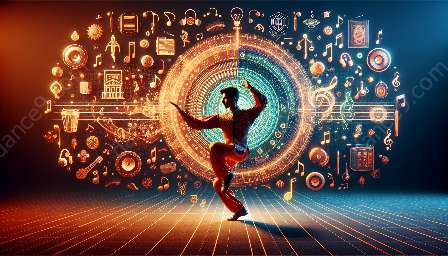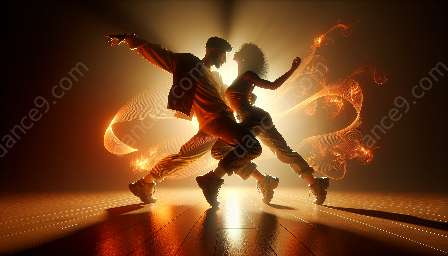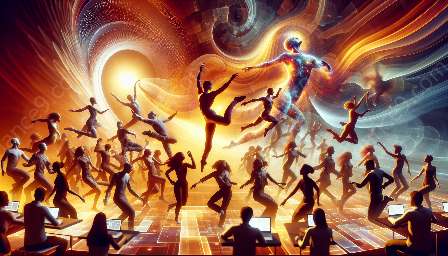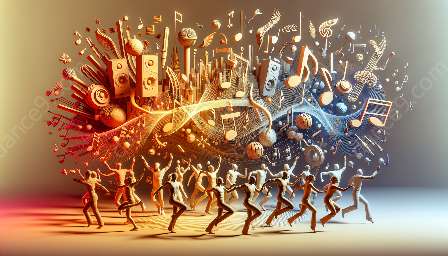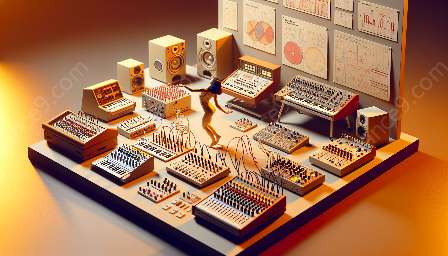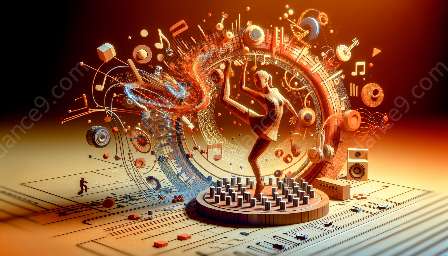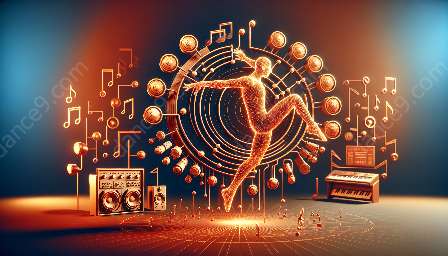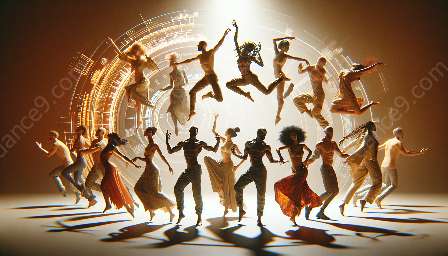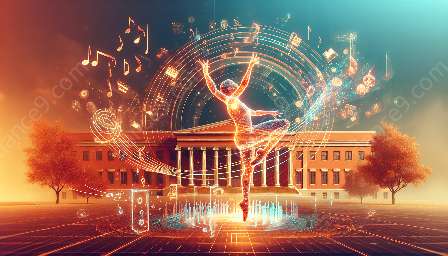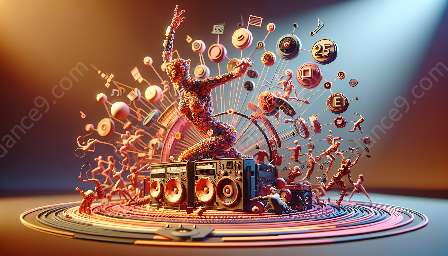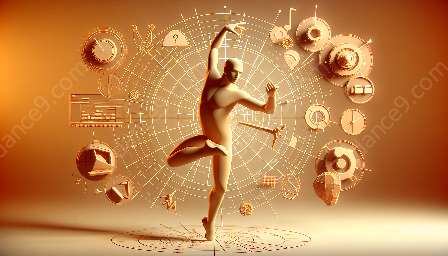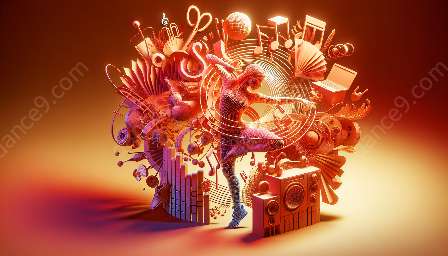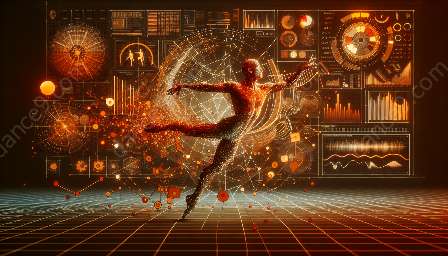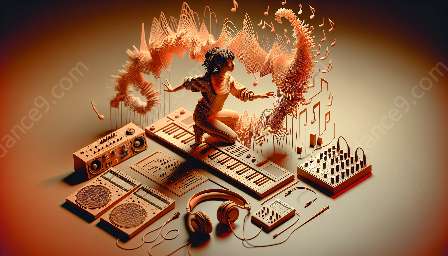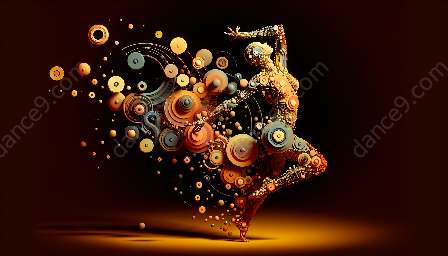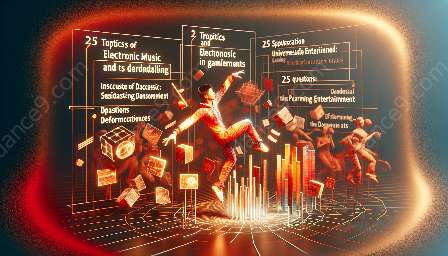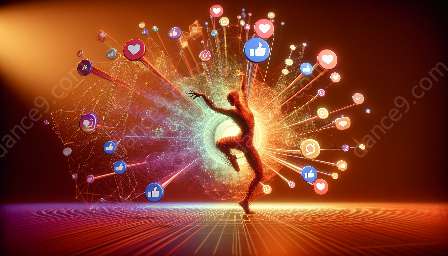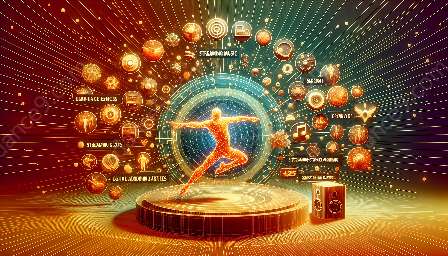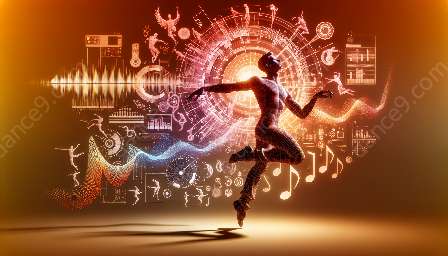Electronic music events are hugely popular, attracting audiences who are passionate about the genre and the culture that surrounds it. To successfully promote these events, it's essential to devise a comprehensive marketing strategy that leverages the unique features of electronic music while reaching the target audience effectively. In this guide, we'll explore marketing strategies tailored for electronic music events, with a focus on DJing, dance, and electronic music.
Understanding the Audience
Before diving into specific marketing strategies, it's crucial to understand the audience for electronic music events. Electronic music fans often seek immersive experiences, a sense of community, and a deep connection with the music and the artists. They are typically tech-savvy, active on social media, and highly engaged with the latest trends and happenings in the electronic music scene. Recognizing these traits is key to crafting strategies that resonate with the target audience.
Developing a Unique Brand Identity
The first step in promoting electronic music events is to develop a unique brand identity that reflects the essence of the music and the event itself. This includes creating a compelling visual aesthetic, crafting a distinct tone of voice in messaging, and establishing a consistent brand image across all promotional materials. The brand identity should align with the preferences of the electronic music community while standing out in a crowded event landscape.
Content Marketing and Social Media Promotion
Content marketing is a powerful tool for promoting electronic music events. Creating engaging and shareable content, such as artist interviews, behind-the-scenes footage, or playlists, can build anticipation and create a buzz around the event. Social media platforms, especially visual-centric ones like Instagram and TikTok, are effective channels for reaching electronic music fans. Leveraging influencers and industry personalities can amplify the event's visibility and attract a wider audience.
Utilizing Email Marketing
Email marketing remains a valuable asset for promoting electronic music events. Building an email list of dedicated fans and leveraging it to send personalized event updates, exclusive content, and ticket offers can nurture a loyal fan base and drive ticket sales. Segmenting the email list based on attendee preferences can ensure targeted and relevant communication that resonates with recipients.
Collaborating with DJs and Producers
Given the central role of DJing and electronic music producers in the industry, collaborating with renowned artists can significantly boost an event's promotion. This may involve hosting guest DJ sets, releasing exclusive tracks or remixes tied to the event, or co-marketing with the artists' own fan base. Such collaborations not only enhance the event's appeal but also tap into the artist's following, expanding the event's reach.
Interactive Experiential Marketing
Creating immersive experiences and interactive activations can add a unique dimension to the promotion of electronic music events. This could involve organizing pop-up events, interactive installations, or virtual reality experiences that offer attendees a taste of what to expect at the main event. These experiences not only generate excitement but also serve as highly shareable content that extends the event's reach.
Partnerships and Sponsorships
Forming strategic partnerships and securing sponsorships with brands that resonate with the electronic music audience can provide additional resources for event promotion. Aligning with lifestyle brands, technology companies, or relevant media outlets can unlock promotional opportunities, such as cross-promotions, branded content, or co-hosted events, which can enhance the event's exposure and appeal.
Tracking and Measuring Performance
Lastly, tracking the performance of marketing initiatives is crucial to refining and optimizing future promotional efforts. Leveraging analytics tools to monitor ticket sales, website traffic, social media engagement, and email open rates can provide valuable insights into what strategies are most effective and what areas may require adjustment for future events.
In Conclusion
Effective marketing strategies for promoting electronic music events involve a deep understanding of the audience, a compelling brand identity, a mix of engaging content and social media promotion, strategic collaborations, and the ability to measure impact. By implementing these strategies and staying attuned to the ever-evolving landscape of electronic music, event organizers can attract more attendees, create a buzz in the industry, and foster lasting connections with the vibrant community of electronic music fans.



